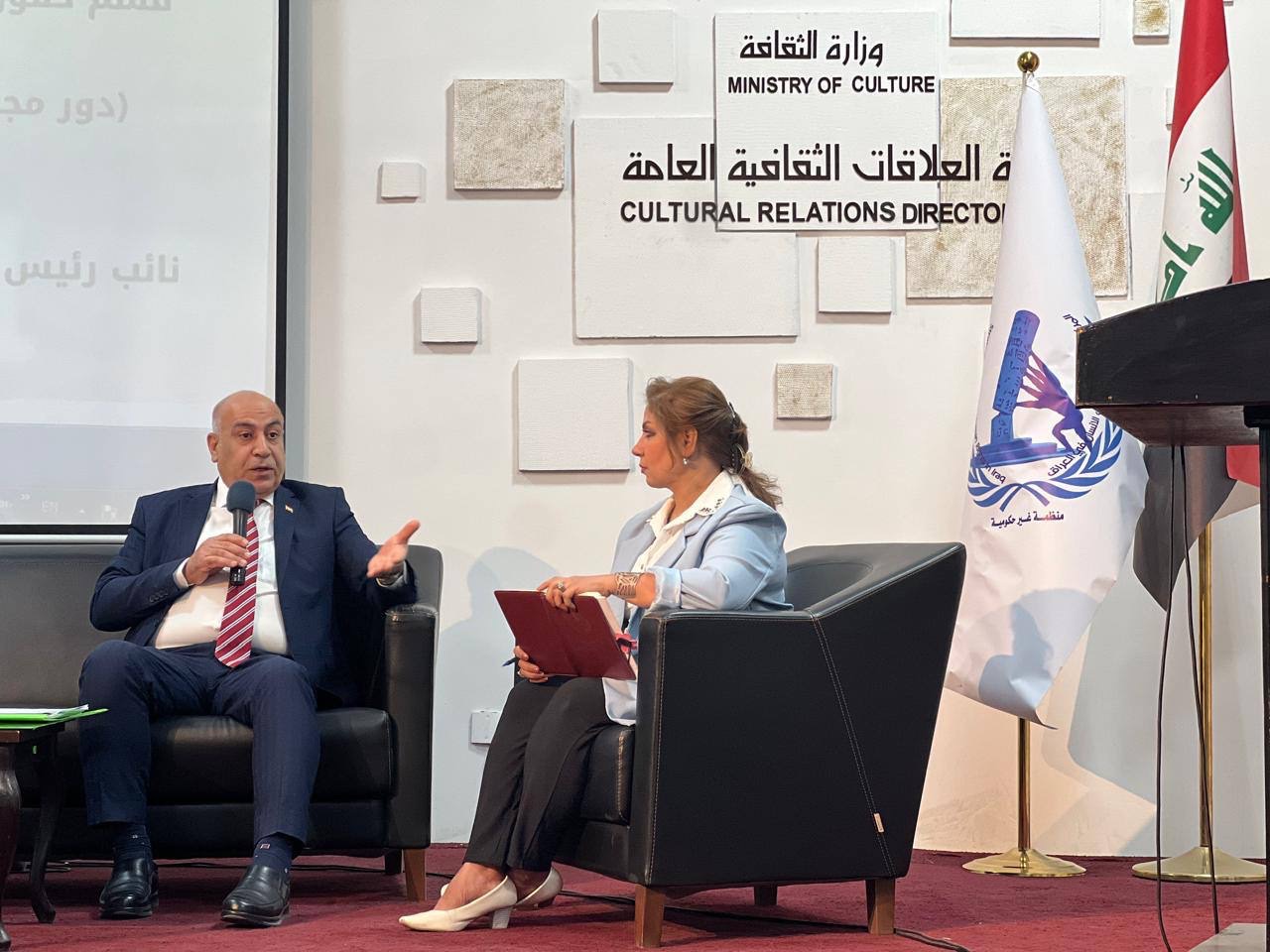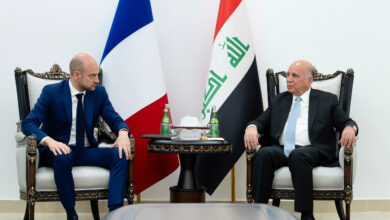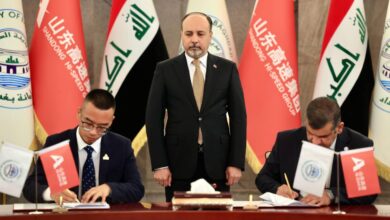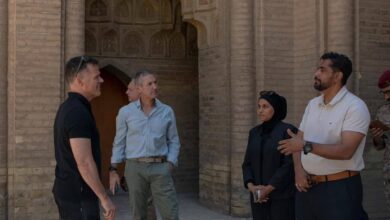The General Directorate of Cultural Relations, in collaboration with the Human Rights Department of the Ministry of Culture, Tourism and Antiquities, hosted an informative seminar titled “The Role of the Security Council in Resolving International Conflicts.” The event featured Dr. Hazem Mohammed Al-Rudaini, Vice President of the Strategic Human Rights Centre in Iraq, as the keynote speaker.
In his presentation, Dr. Al-Rudaini outlined the primary purposes behind the establishment of the United Nations, which include maintaining international peace, fostering developmental cooperation among nations, and preventing wars. He detailed the voting structure within the Security Council, composed of 15 member states: five permanent members – the United States, Russia, China, the United Kingdom, and France – all of which emerged as victors of World War II. The remaining ten members are elected every two years, with representation reflecting each continent’s share.
Dr. Al-Rudaini also addressed the complexities within the Security Council regarding decision-making and implementation, noting that the influence of major powers often dictates outcomes. The seminar was enriched by interactive discussions, and it concluded with Dr. Alaa Abu Al-Hassan Al-Ilaq, Director-General of the Cultural Relations Department, presenting a certificate of appreciation to Dr. Al-Rudaini for his insightful contributions.
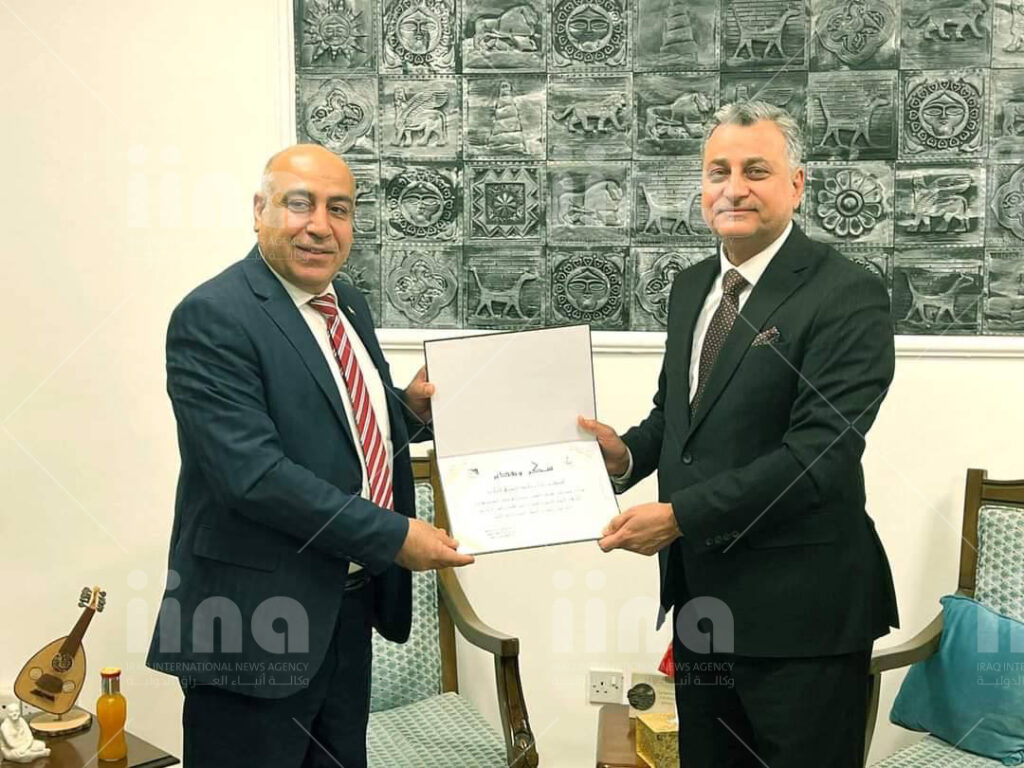
Source: Ministry of Tourism, Culture and Antiquities
- Published: 10th October, 2024
- Location: Baghdad
- Country: Iraq
- Editor: Justyna Wojtowicz
- Category: Current Affairs

